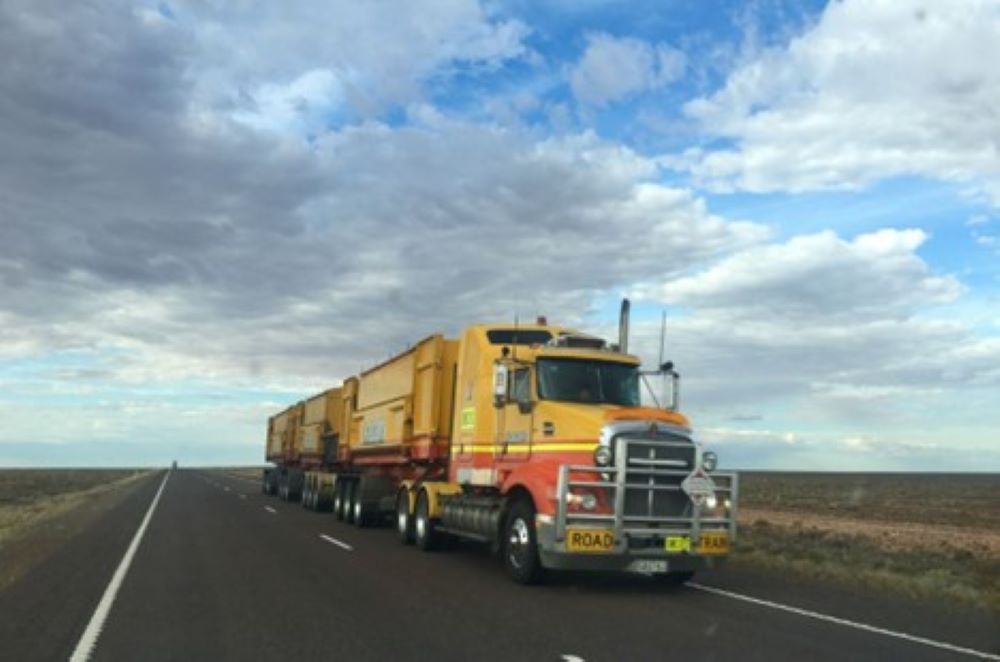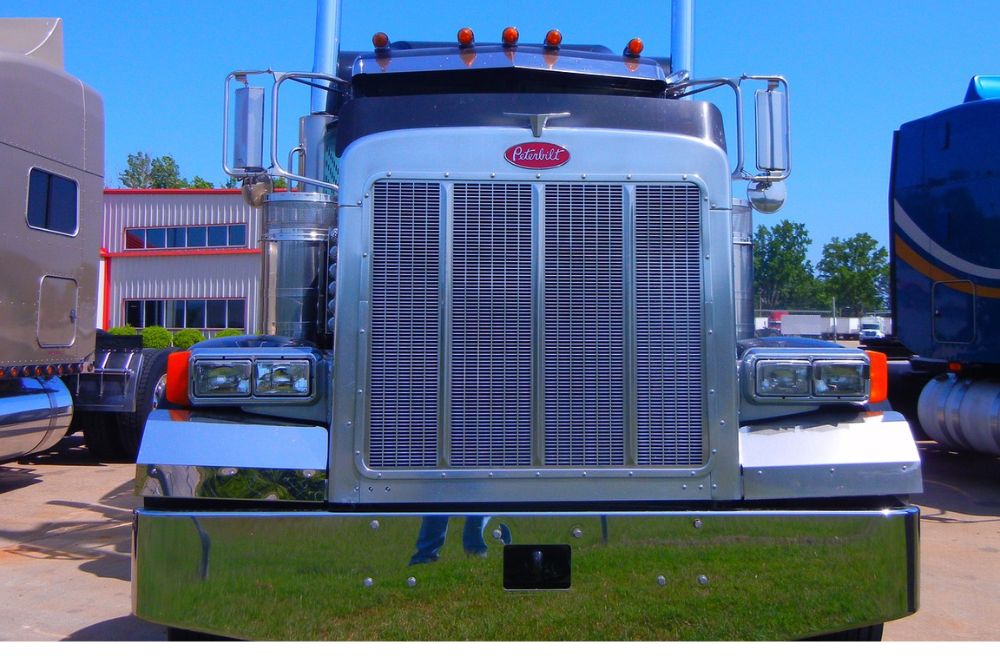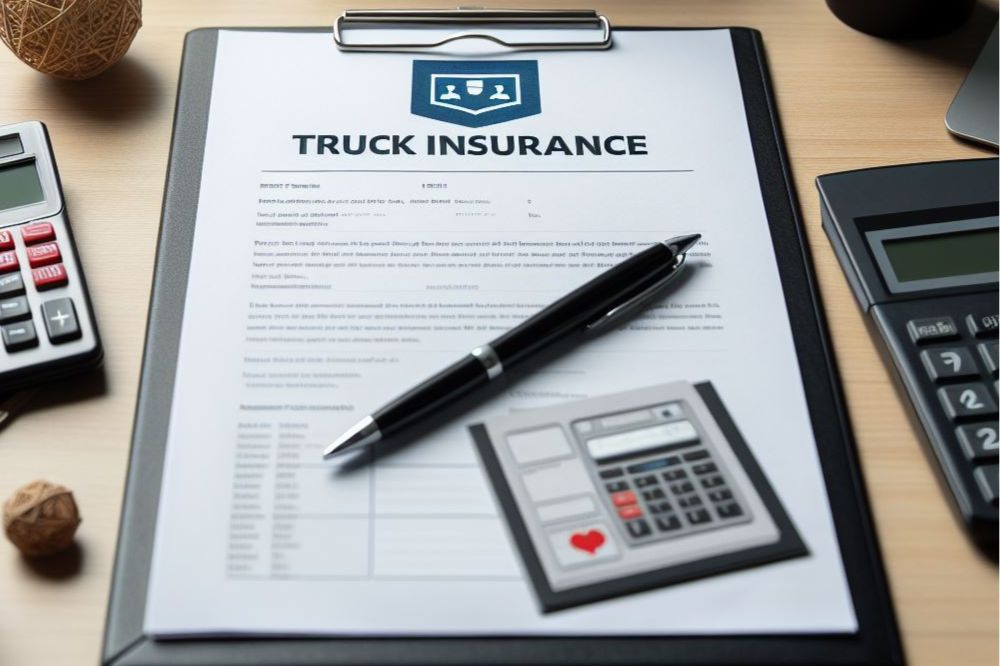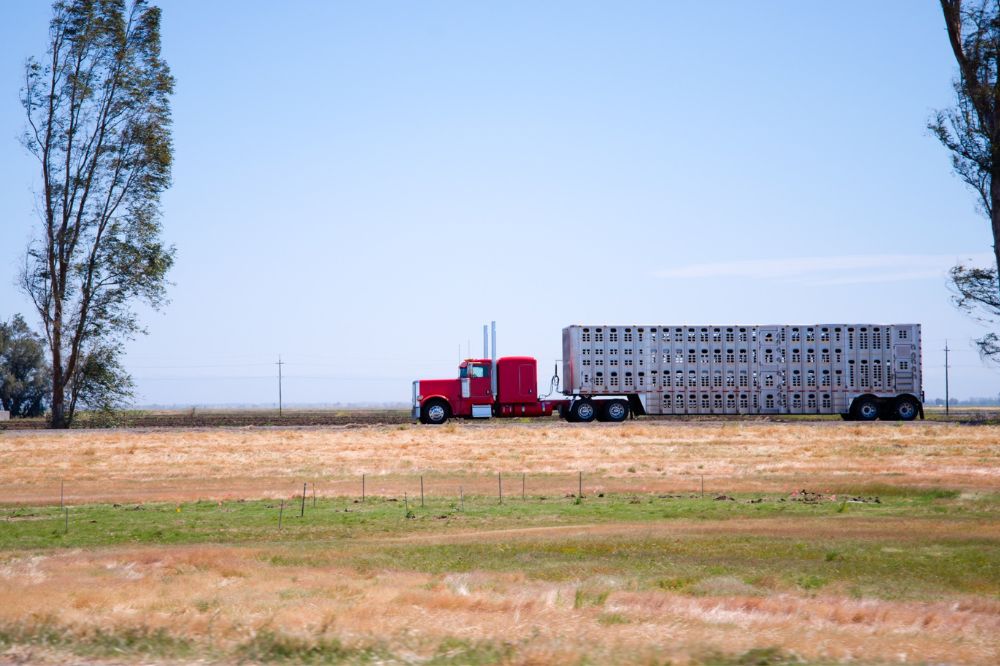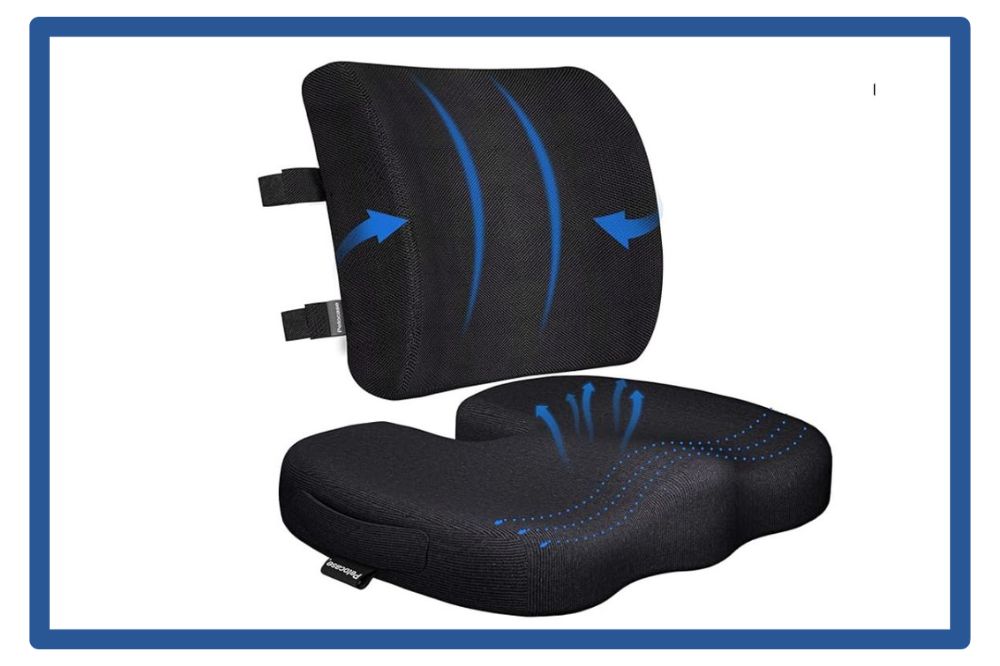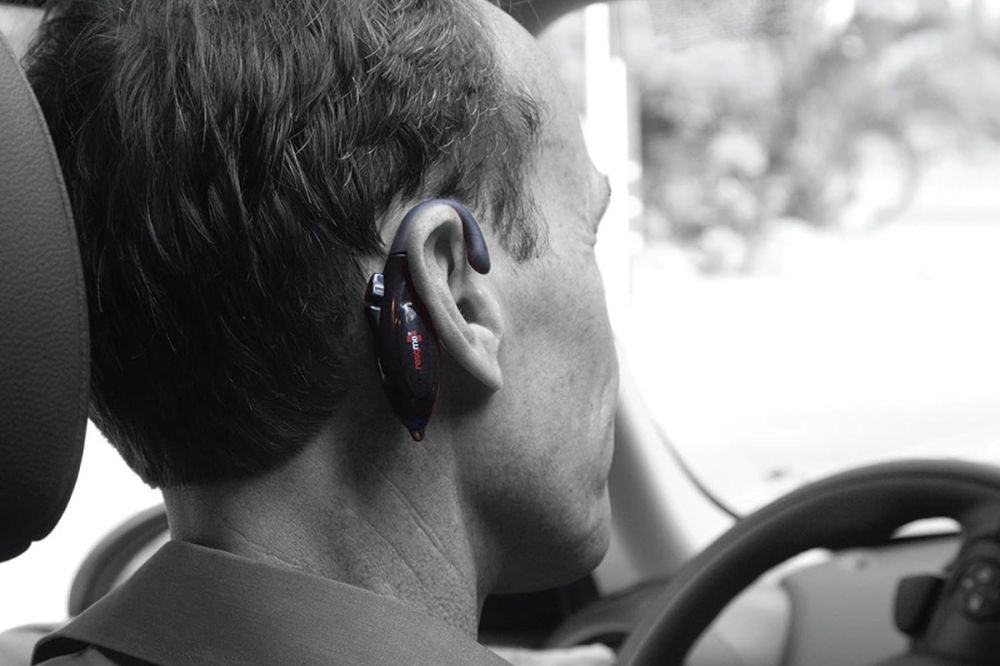
Large trucks, like semi-trucks, are essential in growing the U.S. economy. They’re the backbone of the overland freight transportation industry, which recent statistics indicate is worth over $730 billion. Simultaneously, these large and heavy trucks present a significant risk for fatal road accidents. So how many accidents are caused by semi-trucks?
We investigated how many accidents are caused by semi-trucks nationwide, their causes, and when they are most likely to happen.
The truck accident statistics research findings below provide insight that truck drivers like yourself can use to minimize or prevent motor vehicle crashes and make our roads safer for everyone.
How Common Are Semi-Truck Accidents?
Crashes involving large trucks have become a growing concern as their numbers increase yearly.
In 2021, there were approximately 523,796 police-reported large truck accidents that injured an estimated 154,993 people and killed 5,788 individuals across the U.S.
This was a significant increase (nearly 26% rise) from 2020, when about 415,444 large truck crashes happened, 141,613 people were injured, and 4,945 died.
High-Risk Times for Truck Accidents
Fatal semi-truck accidents peak between June and October, with the highest recorded in September 2021 at 515 crashes. Urban areas witness over half (54.53%) of these incidents, primarily on non-interstate highways (73.99%).
Most fatal and non-fatal accidents involving large trucks occur on weekdays between 6 a.m. and 6 p.m. As a semi-truck driver, vigilance is crucial, especially on non-interstate highways during weekdays, to prevent accidents and safeguard road users.

Semi-Truck Accident Statistics
Here is a summary of essential semi-truck accident statistics commercial truck drivers need to note.
Truck Accidents Statistics by State
Texas leads in fatal crashes with approximately 568 fatal large truck accidents in 2020, followed by California with about 368 incidents. Florida, Georgia, and Illinois rank as the third, fourth, and fifth high-risk states, reporting 322, 210, and 155 fatal semi-truck accidents, respectively, in 2020.
Conversely, Washington stands is the safest state, recording only one fatal accident in 2020. States with the lowest rates include Vermont (4), Rhode Island (6), Hawaii (6), and Alaska (8).
Truck Accidents by Vehicle Type
This section highlights large truck accident statistics by vehicle type so you can see the extent of motor vehicle accident risk you face daily as you share the road with these different types of vehicles.
Semi -Truck Accidents
Semi-trucks are responsible for nearly all fatal large truck crashes because they have more blind spots and leave little room for error when driving. Of the fatal truck accidents in 2020, 74% included semi-trucks. Also, semi-truck accident victims suffer the most severe injuries.
Bus Accidents
Thousands of deadly bus accidents happen every year. In 2021, more than 100 people died as a result of school bus-related accidents alone. If we include data from fatal motor vehicle accidents involving private charter and public buses, the number of fatalities easily doubles.

Garbage Truck Accidents
Frequent and potentially fatal garbage truck accidents result from the poor driving habits of many garbage truck drivers. These drivers often operate in low-light conditions and tend to stop and start multiple times in the middle of their routes instead of pulling over, contributing to unavoidable fatal accidents.
Common Causes of Truck Accidents Statistics
Different types of commercial truck accidents may occur as a result of one or a combination of the following causes:
Truck Driver Error
The Federal Motor Carrier Safety Administration (FMCSA) conducted a large truck crash causation study, identifying truck driver errors as the primary cause of most accidents. These errors, categorized as non-performance, decision, recognition, and performance errors, accounted for 87% of all examined accidents.
The study underscores the need for heightened attentiveness among drivers of semi-trucks and large vehicles compared to drivers of passenger vehicles.
Speeding
Most inter- and non-interstate roads impose low-speed limits for truckers due to the vehicles’ large sizes and the longer distance needed to stop. However, speeding was a contributing factor in 7.3% of the fatal accidents that happened in 2020.

Trucker Fatigue
FMCSA established hours of service guidelines to regulate the number of consecutive hours truckers can drive and how long they should rest before resuming work. Despite this, some truck drivers spend long hours on the road and fall asleep behind the wheel due to trucker fatigue. Trucker fatigue is a contributing factor in about 13% of truck accidents.
Drug Use
Alcohol and drug use impair a person’s ability to drive safely by affecting cognitive functions, resulting in diminished focus, impaired vision, and slower reaction times. In 2020, approximately 2.8% of truck drivers involved in accidents had a blood alcohol content (BAC) exceeding 0.08%.
Despite the Federal Motor Carrier Safety Administration (FMCSA) setting a stringent BAC limit of 0.04%, which can lead to license suspension, drug and alcohol use still contributes to nearly 20% of truck accidents.
Tire Defects
Tire defects, including tread separation, pressure loss, and full-on blowouts, can destabilize large trucks, causing truck drivers to lose control of their vehicles and crash. Tire problems lead to large truck crashes nearly 6% of the time.
Brake Problems
Brake problems resulting from stuck calipers, master cylinder failure, and leaking fluid lines usually prevent drivers from stopping in good time. They occur more frequently than tire defects and lead to large truck crashes almost 29% of the time.
Roadway Issues
Poor road conditions contribute to approximately 20% of large truck accidents. Common roadway issues include large potholes, missing road markings, and missing signage.
Final Thoughts
Reducing the unpredictability of truck accidents is possible through collective efforts. Avoid drinking and driving, consistently maintain your truck, and remain vigilant to prevent errors while driving.
In the unfortunate event of a semi-truck accident, it’s essential to know your rights and seek compensation for damages. Follow a step-by-step guide to navigate the aftermath successfully.
Additionally, engaging a competent lawyer is crucial for filing a truck accident case. Explore our blog for detailed guides on selecting the best commercial vehicle accident lawyers tailored to various motor vehicle accidents. Take proactive steps to enhance road safety and protect your rights.


